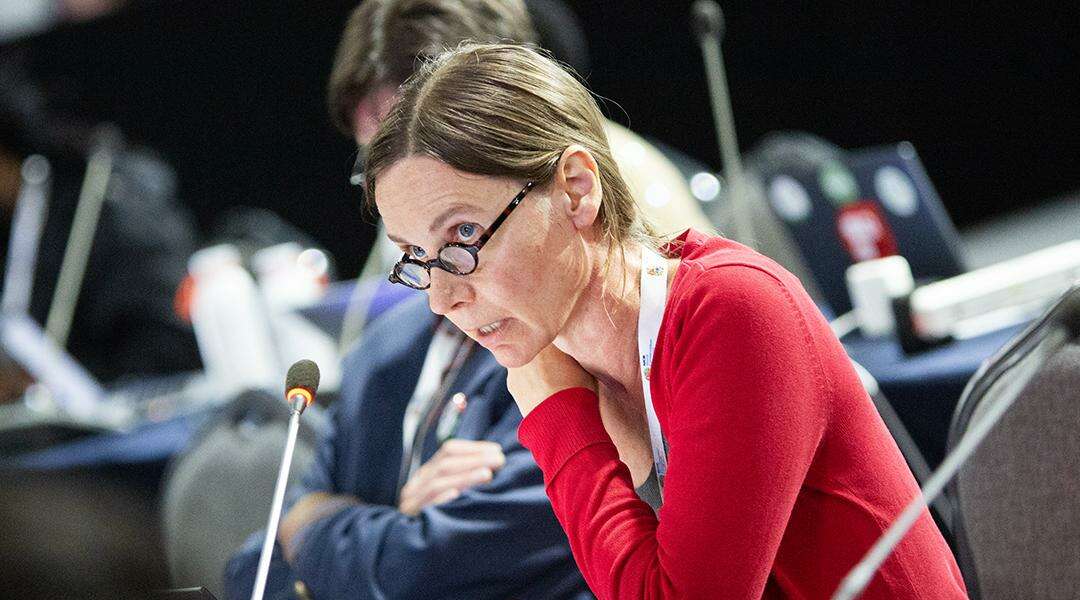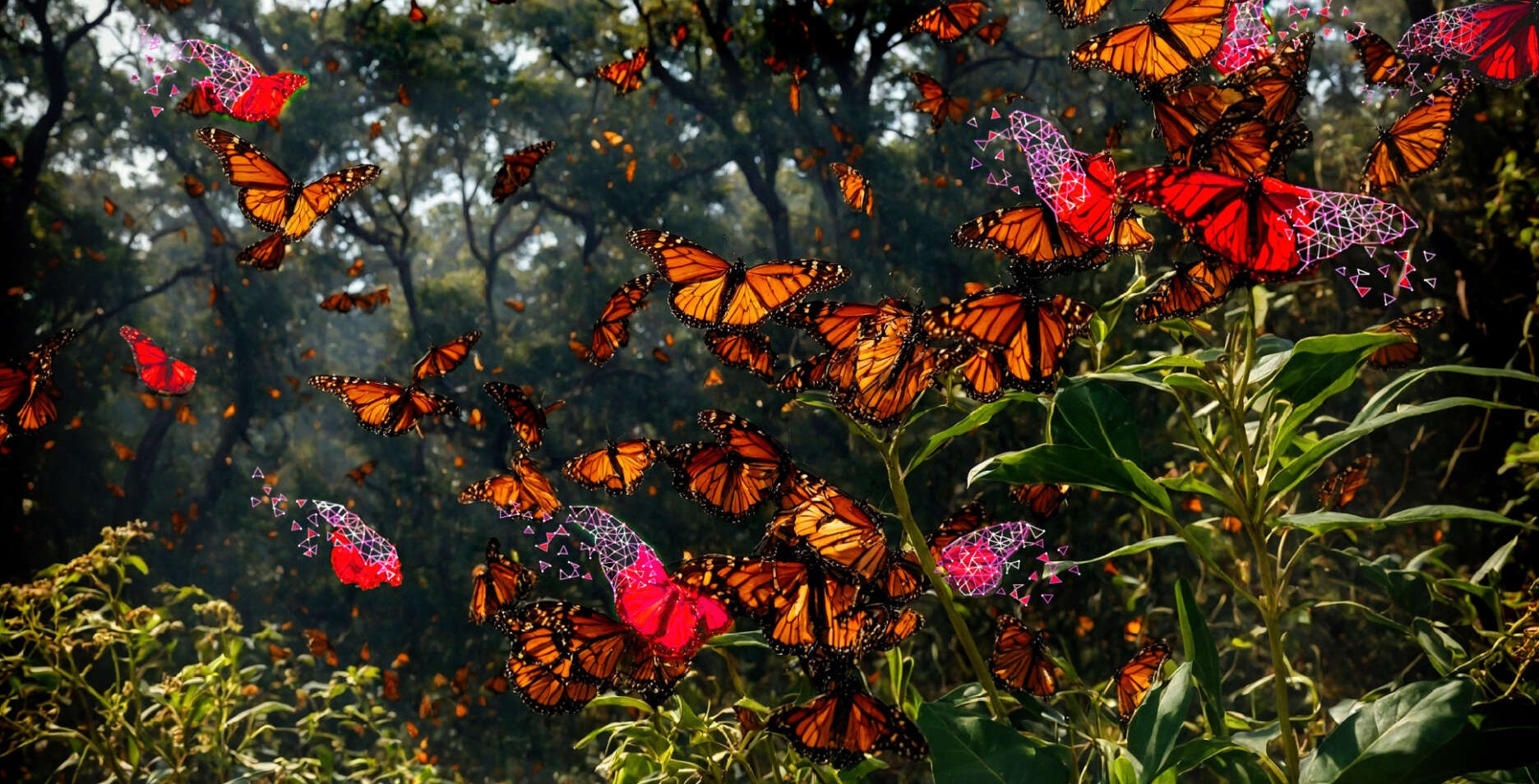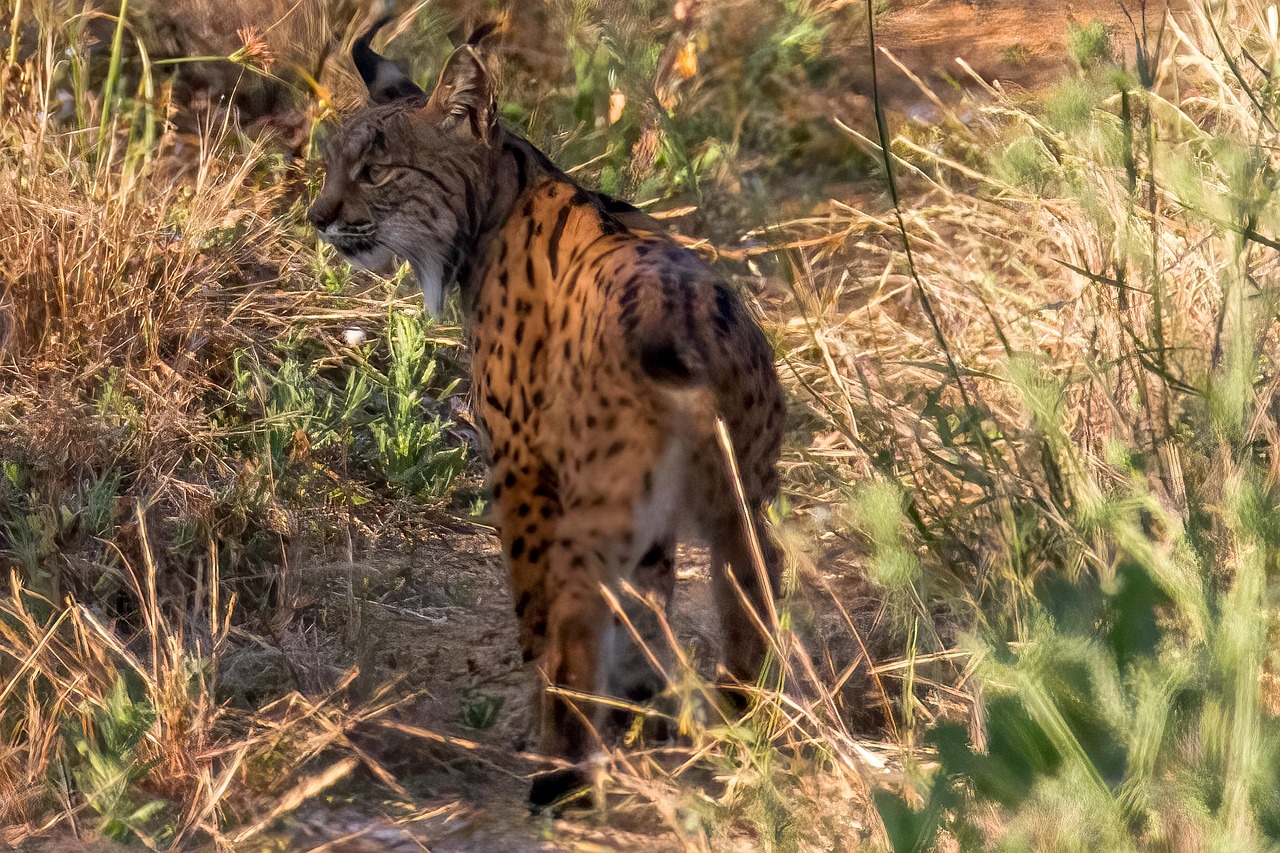The government of Burkina Faso has ordered the immediate halt of the Target Malaria initiative operating in the country. Target Malaria had just begun its second field trial with genetically modified (GM) mosquitoes, aiming to gain knowledge and experience before moving toward the release of GM mosquitoes with gene drives at a later stage.
GM mosquito release cut short
On 22 August, Burkina Faso’s Ministry of Higher Education and Research announced the suspension of “all activities” of Target Malaria and ordered the destruction of remaining mosquito samples. The ministry added that the initiative’s facilities containing GM mosquitoes had been sealed on 18 August.
The suspension came shortly after Target Malaria, in cooperation with the the Institute of Health Sciences Research (IRSS), started a field trial on 11 August in the village of Souroukoudingan, Houet Province. The trial involved male-bias GM mosquitoes engineered to produce almost exclusively male offspring. It was presented as a research step to meet training and knowledge needs, with no direct benefit to the local population.
Target Malaria stated that all its activities were carried out “in compliance with the national laws of Burkina Faso.” The Ministry of Higher Education and Research had announced the authorisation of the Souroukoudingan field trial on 6 August.
Toward gene drive mosquitoes
The 11 August release was Target Malaria’s second release in Burkina Faso, following an earlier trial with sterile GM male mosquitoes in 2019.
According to the initiative, the next step would involve gene drive mosquitoes designed to suppress populations of Anopheles gambiae, the main malaria vector. However, whether these gene drives would work and what their potential impacts would be is still highly speculative.
Widespread criticism
The Coalition for Monitoring Biotechnological Activities in Burkina Faso (CVAB) has called for the suspension of the second mosquito trial’s authorisation and demanded the publication of the documents used as the basis for decision-making. The Coalition raised concerns about ecological risks, ethical issues, and lack of transparency.
“The problem is the solution proposed by Target Malaria, which consists of eliminating the vector using gene-drive mosquitoes,” said Ali Tapsoba from Terre à Vie, a member of the Coalition. “This technology is highly controversial, unpredictable, and raises ethical concerns. The impacts of gene-drive organisms on health and ecosystems remain unknown and potentially irreversible.”
Civil society organisations had already denounced the 2019 GM mosquito release as risky, unjustified, and unethical.
Unmanageable risks of gene drives
Gene drives are a highly controversial technology that forces genetic traits, such as sterility or sex-bias, to be passed on to most offspring, bypassing normal inheritance. Unlike previous GM organisms, they are designed to spread modified genes through wild populations.
Target Malaria plans to use gene drives to suppress populations of Anopheles gambiae mosquitoes. However, scientists have urged extreme caution with regard to gene drives, warning of potentially severe negative impacts on biodiversity and ecosystems. They also argue existing biosafety rules are inadequate to manage the unique risks posed by gene drives, and that no release – including experimental – should go ahead.
Save Our Seeds is calling for a global ban on the environmental release of gene drives through its Stop Gene Drives campaign.
Calls for safer alternatives
Burkina Faso is among the ten countries most affected by malaria, with more than eight million cases and more than 16,000 deaths recorded in 2023, according to the World Health Organisation. The Coalition for Monitoring Biotechnological Activities (CVAB) argues the country should prioritise safe methods of malaria control rather than risky and experimental genetic technologies.
Target Malaria has operations in the UK, Italy, USA, Burkina Faso, Uganda, and Ghana. The initiative is seeking to open doors for gene drive technology in various forums, including the UN Convention on Biological Diversity and the International Union for Conservation of Nature (IUCN).
Burkina Faso has been under military rule since 2022. A planned transition to a civilian government has been postponed. In October, the New York Times reported that pro-Russian influencers were spreading unsubstantiated claims about Target Malaria in the country.
Image © David Petersen, Pixabay





